Scotland Decides: The Independence Referendum In Photos
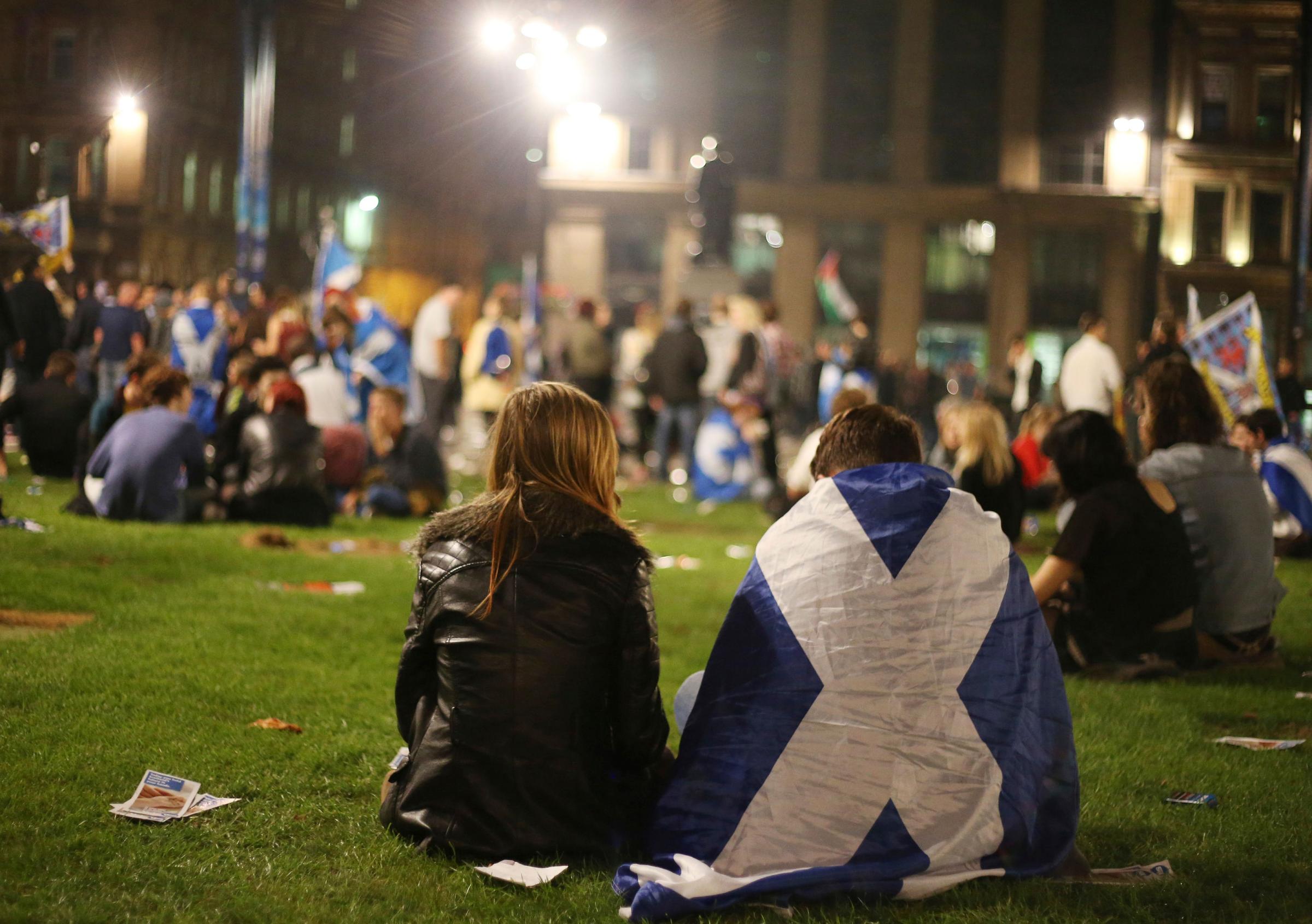
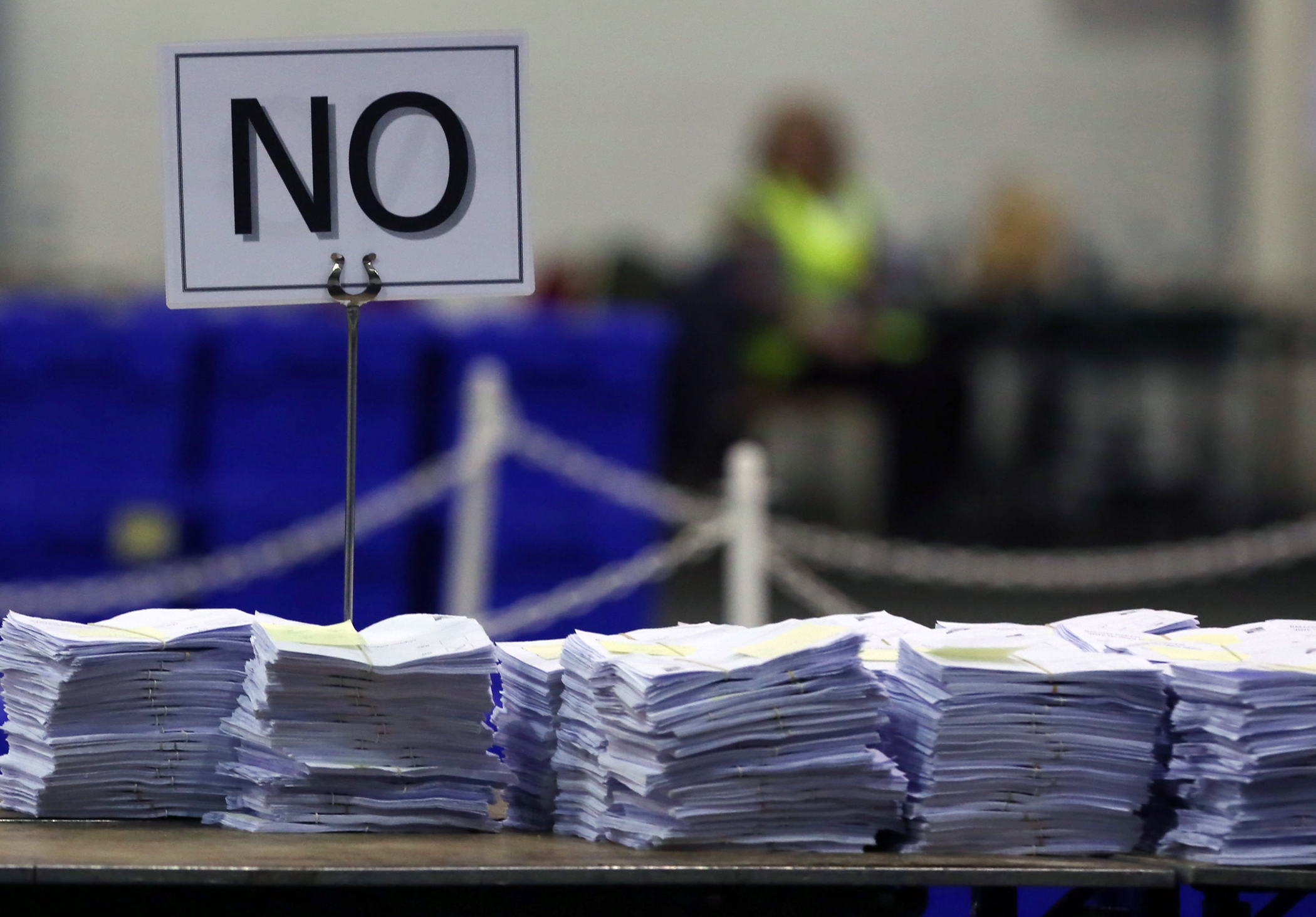
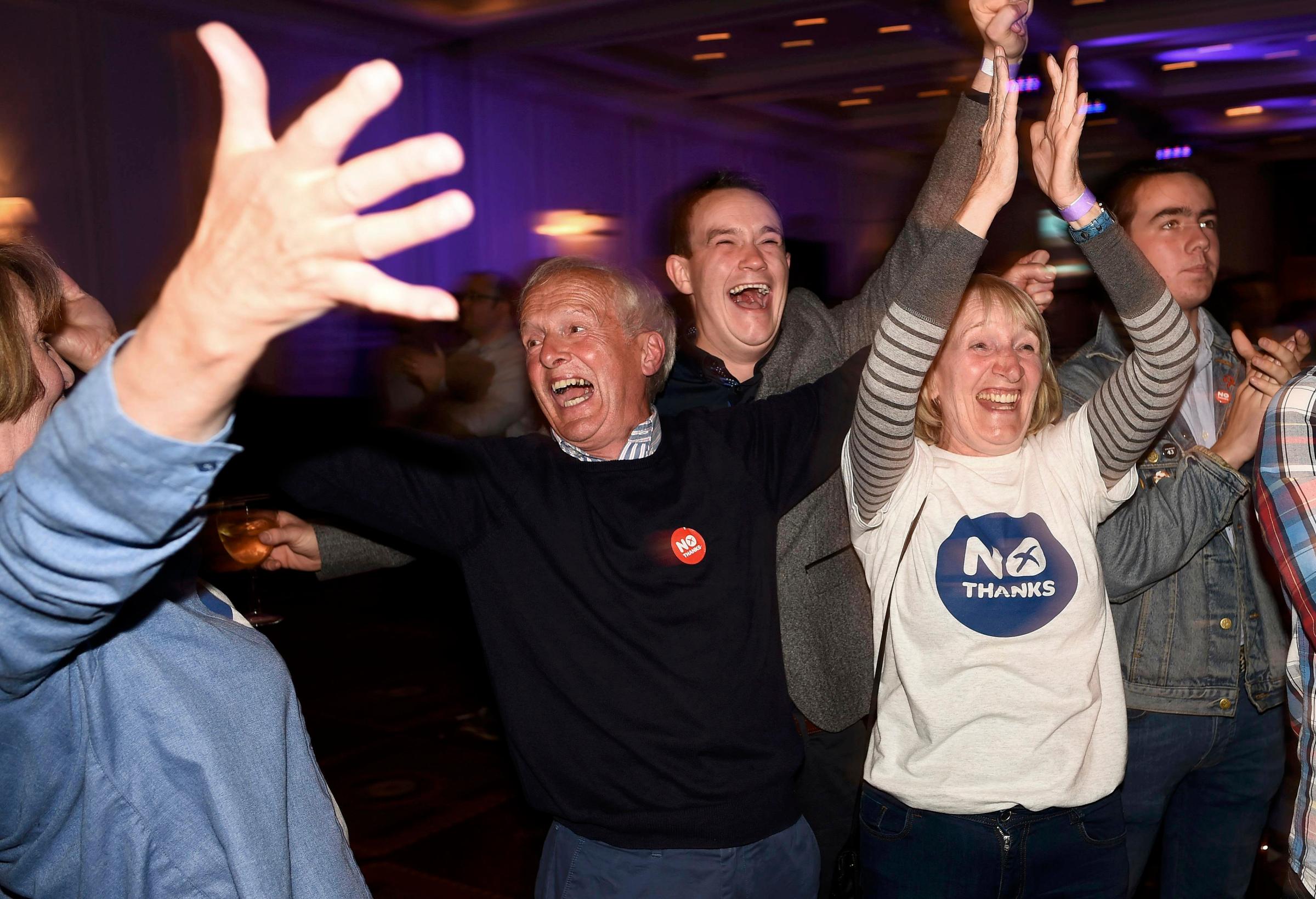
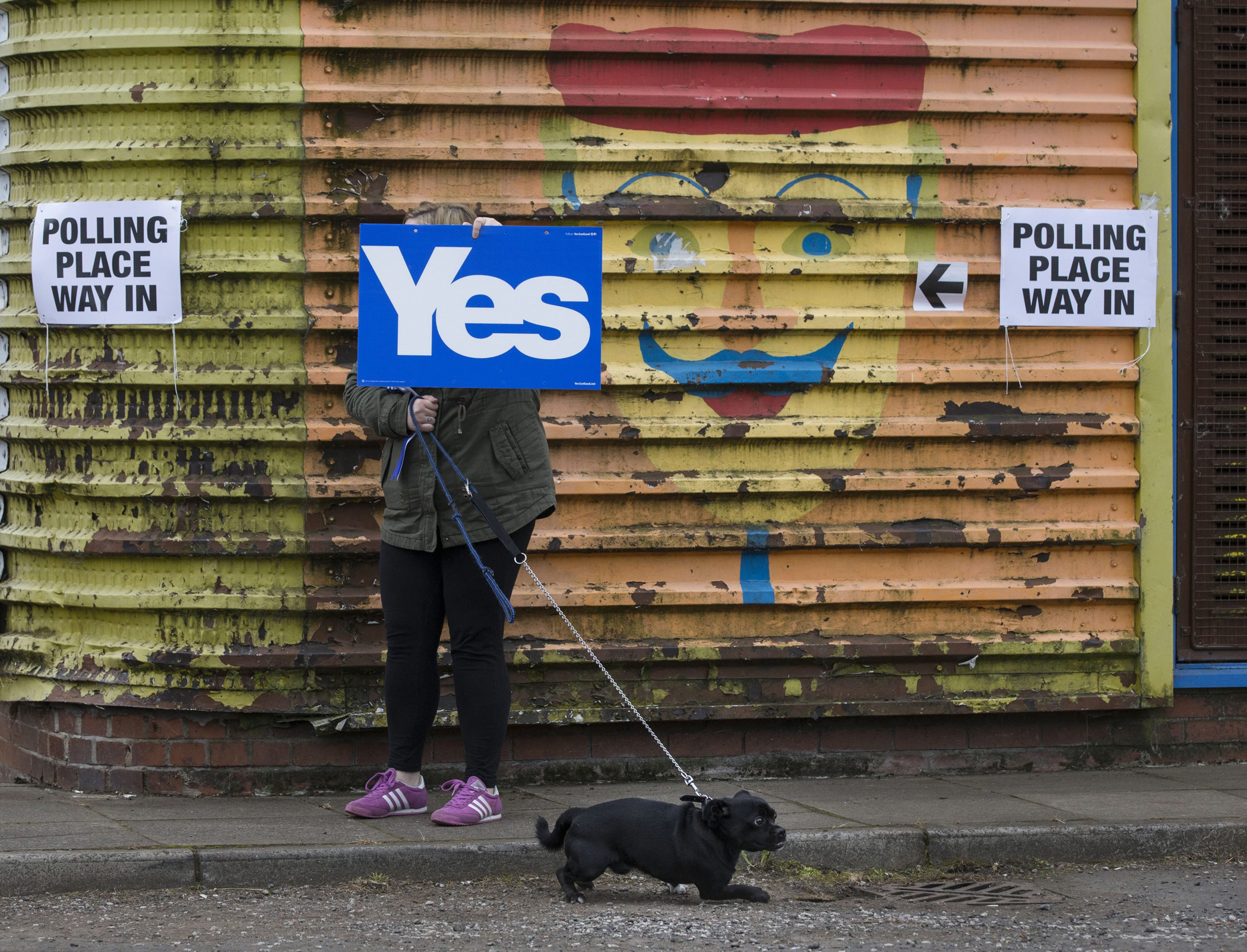
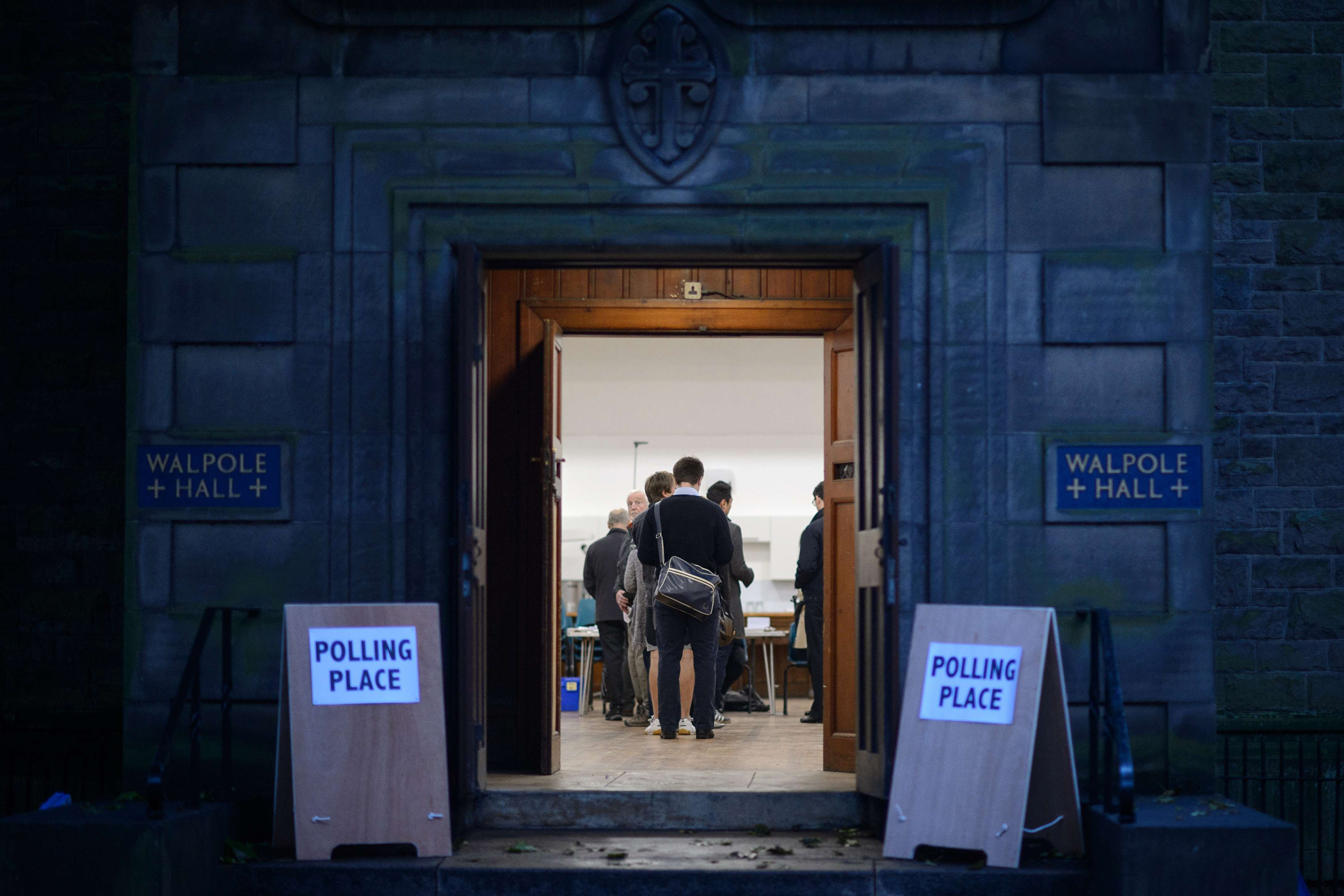
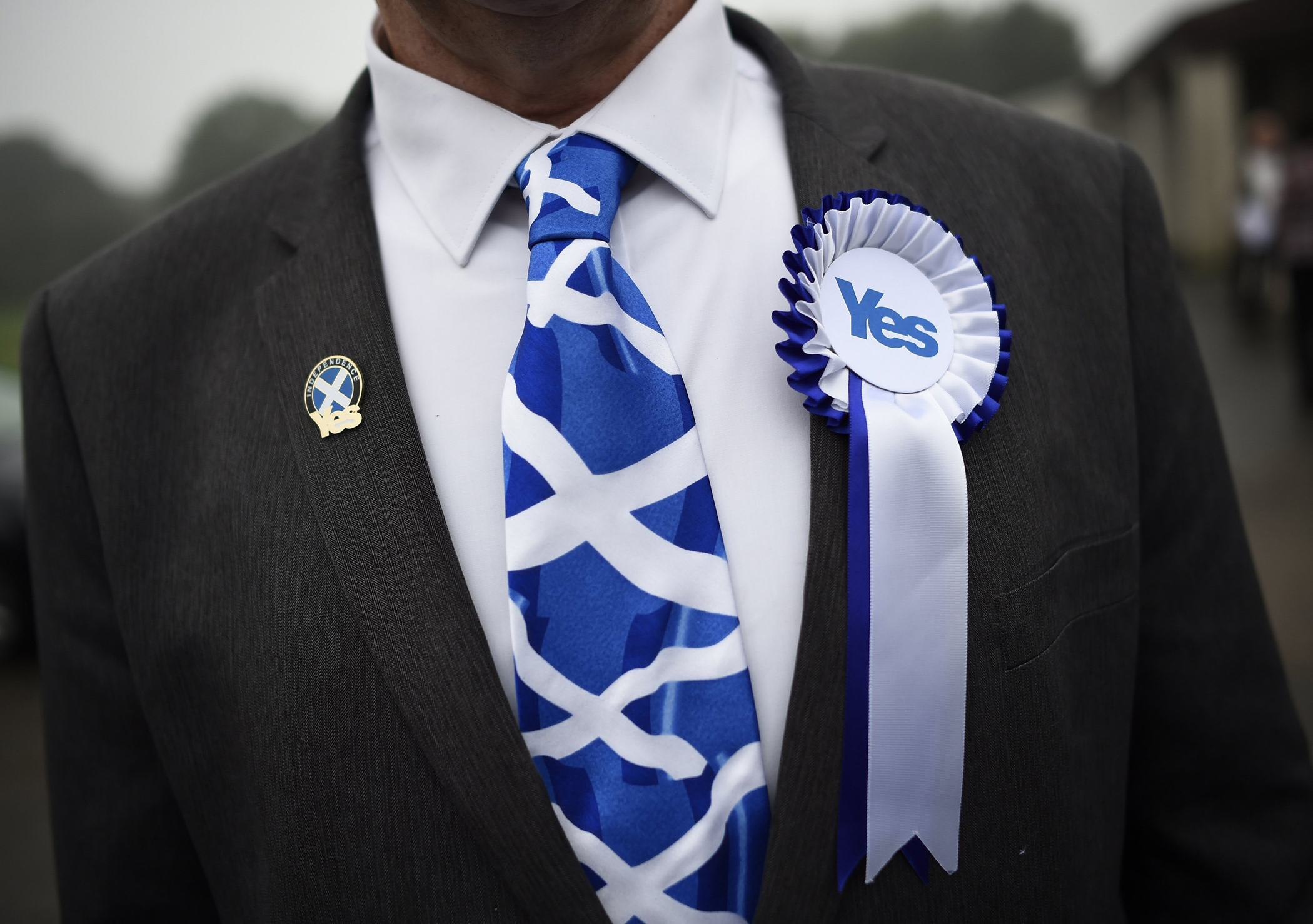
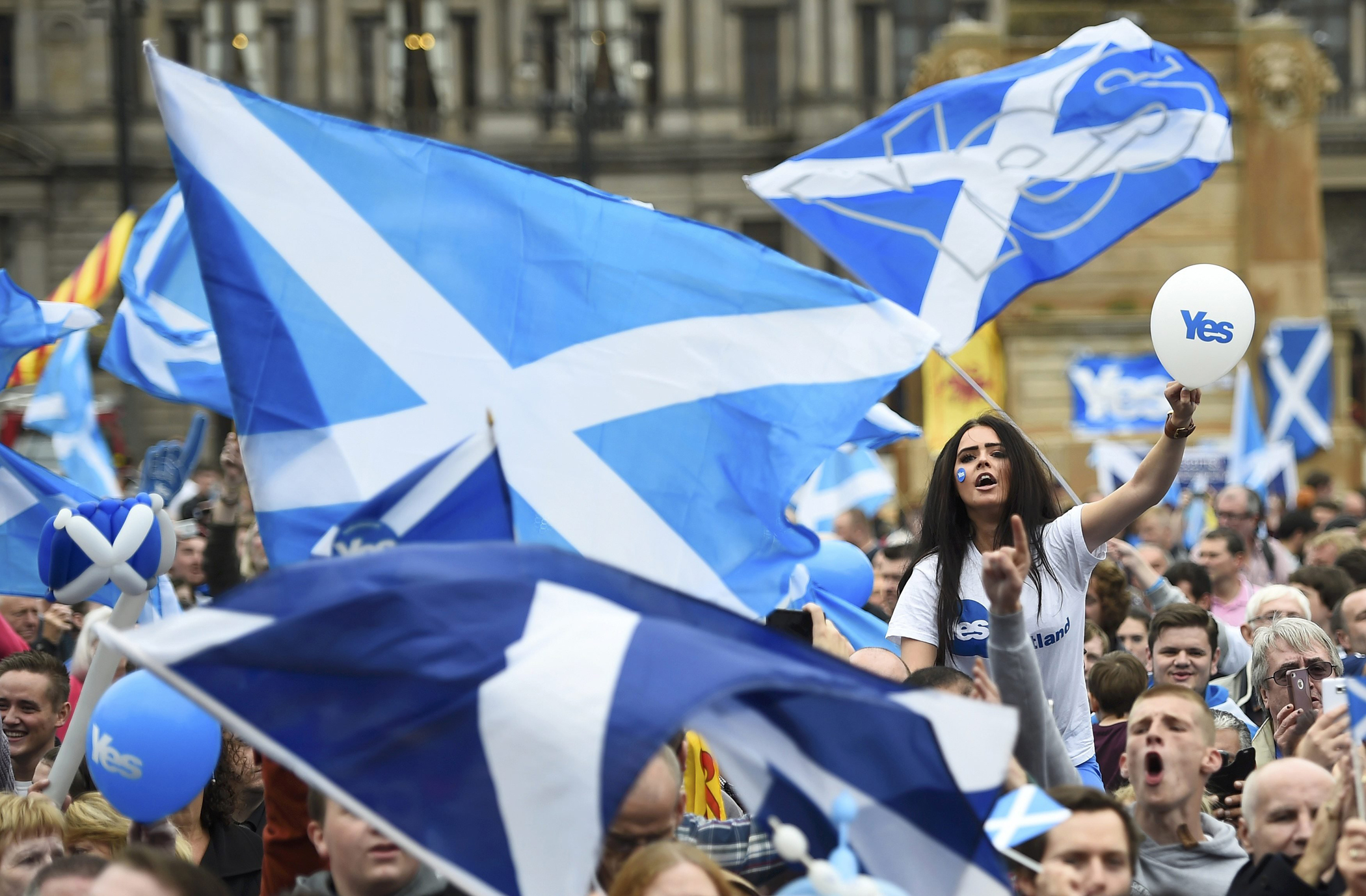
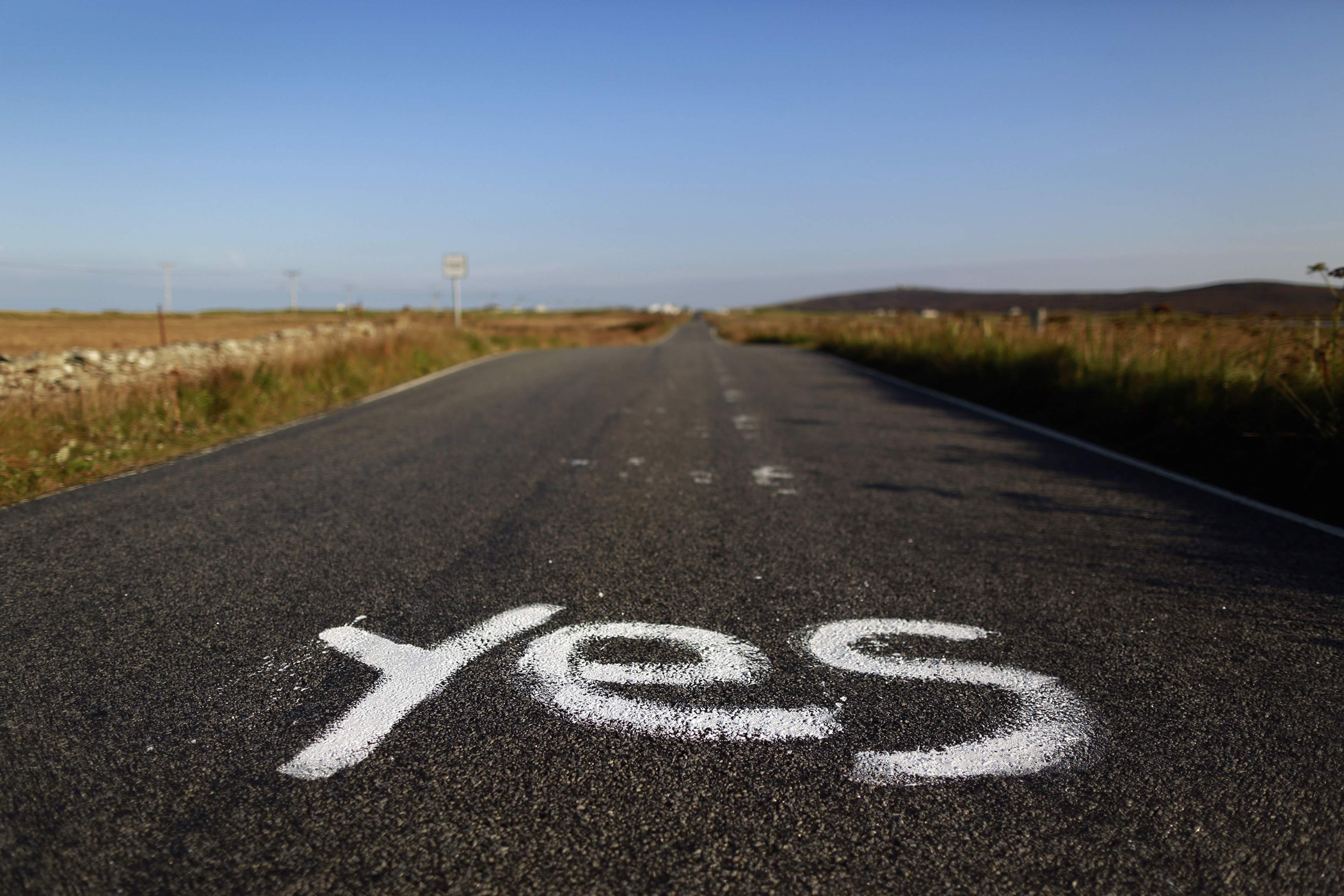
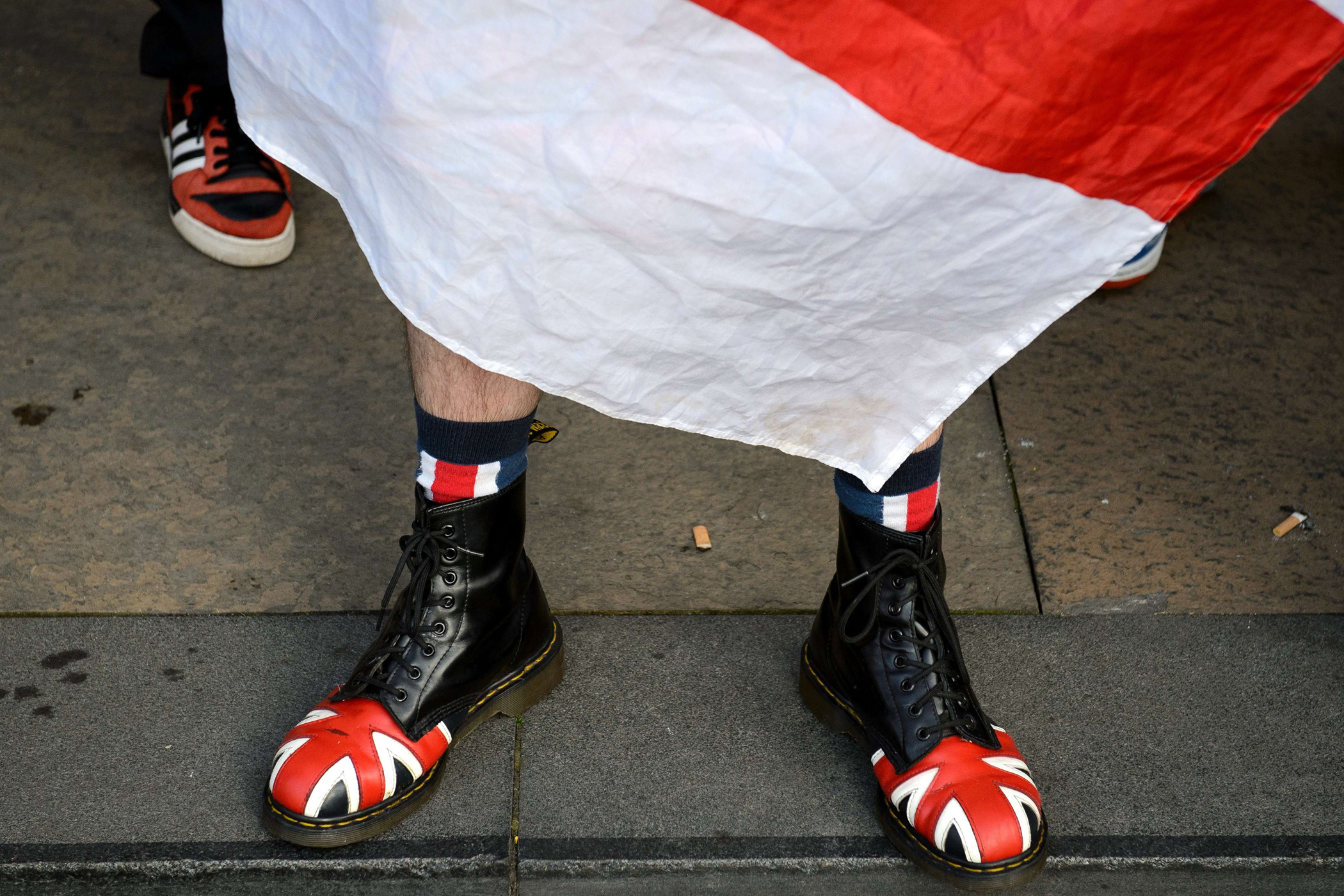

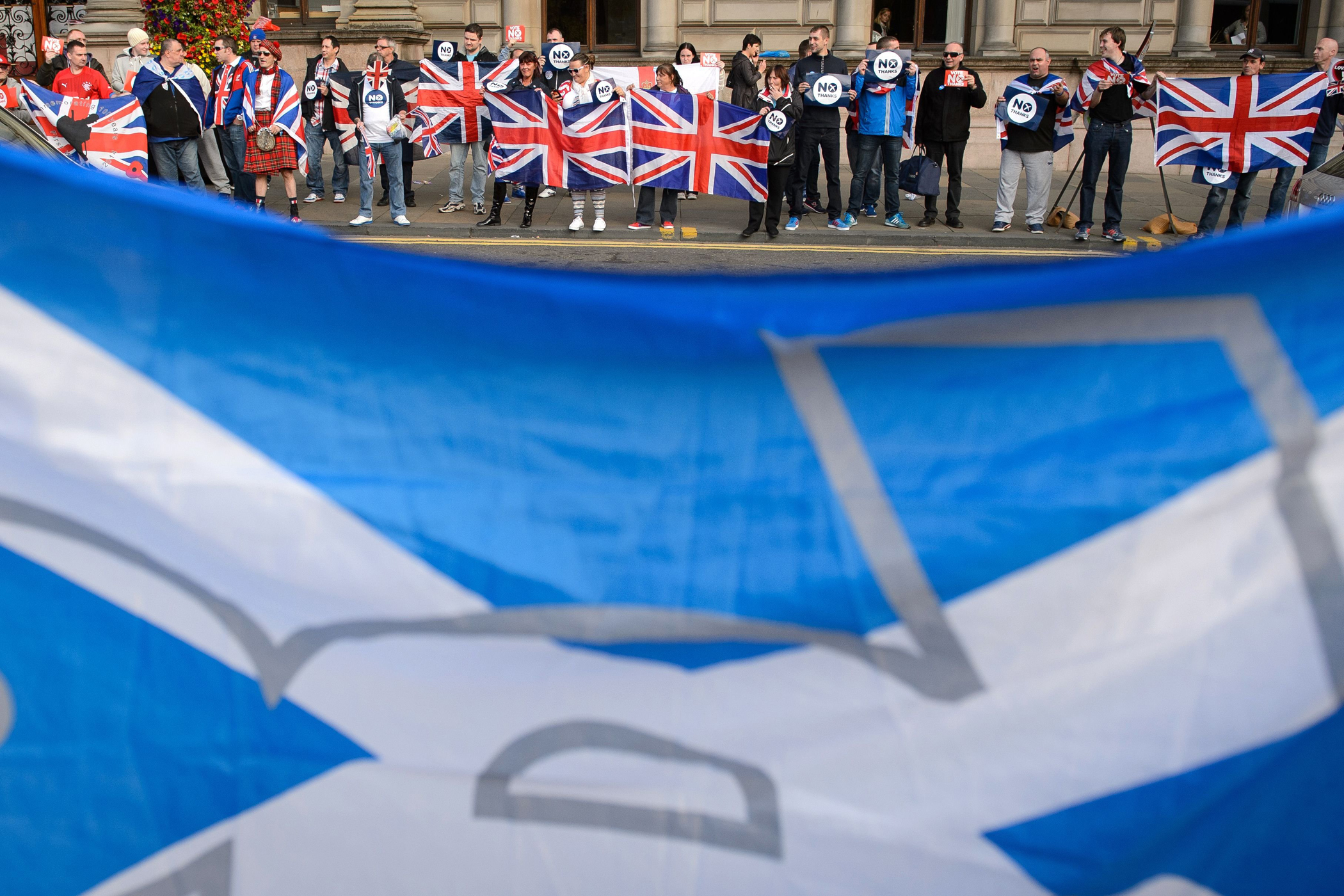
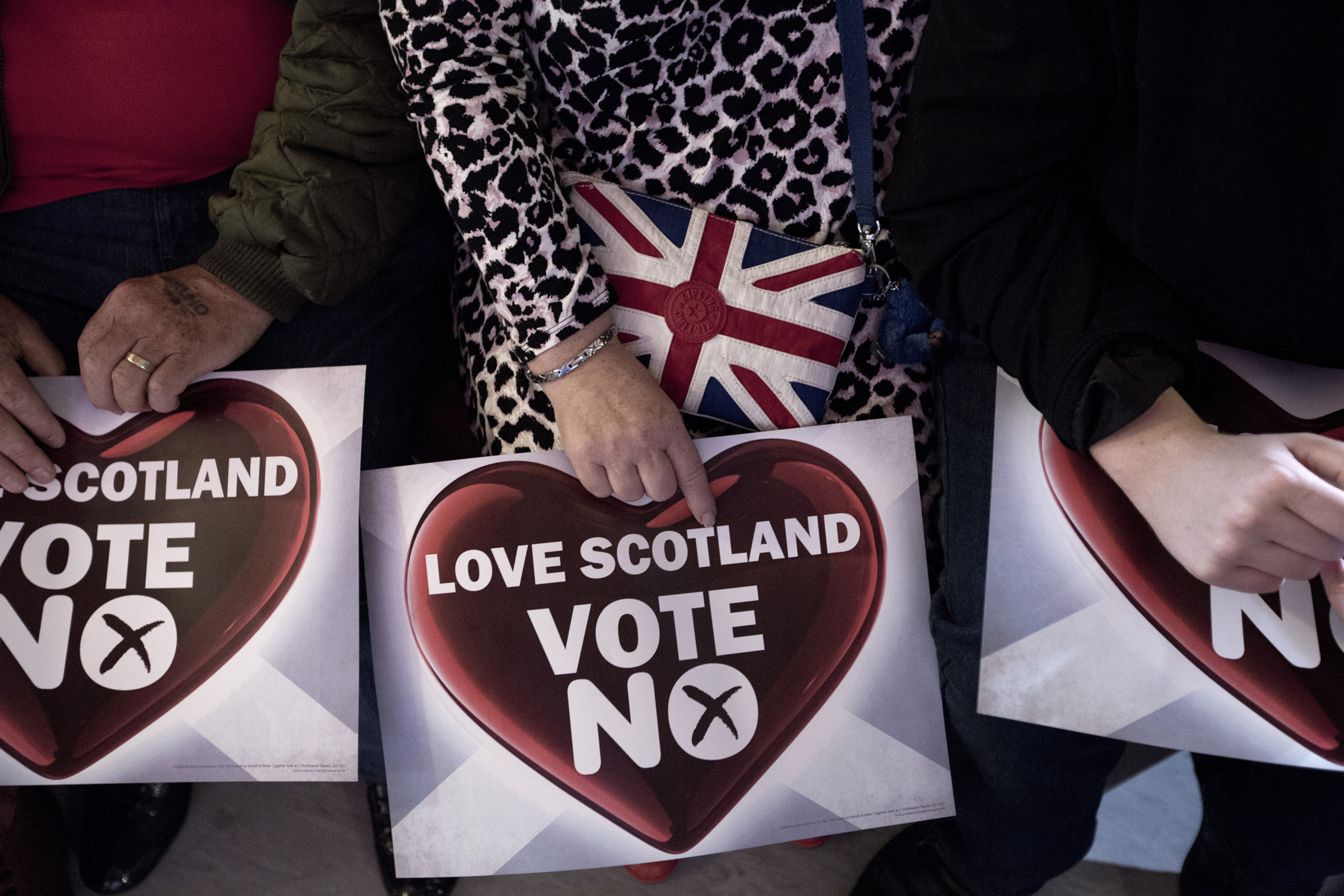
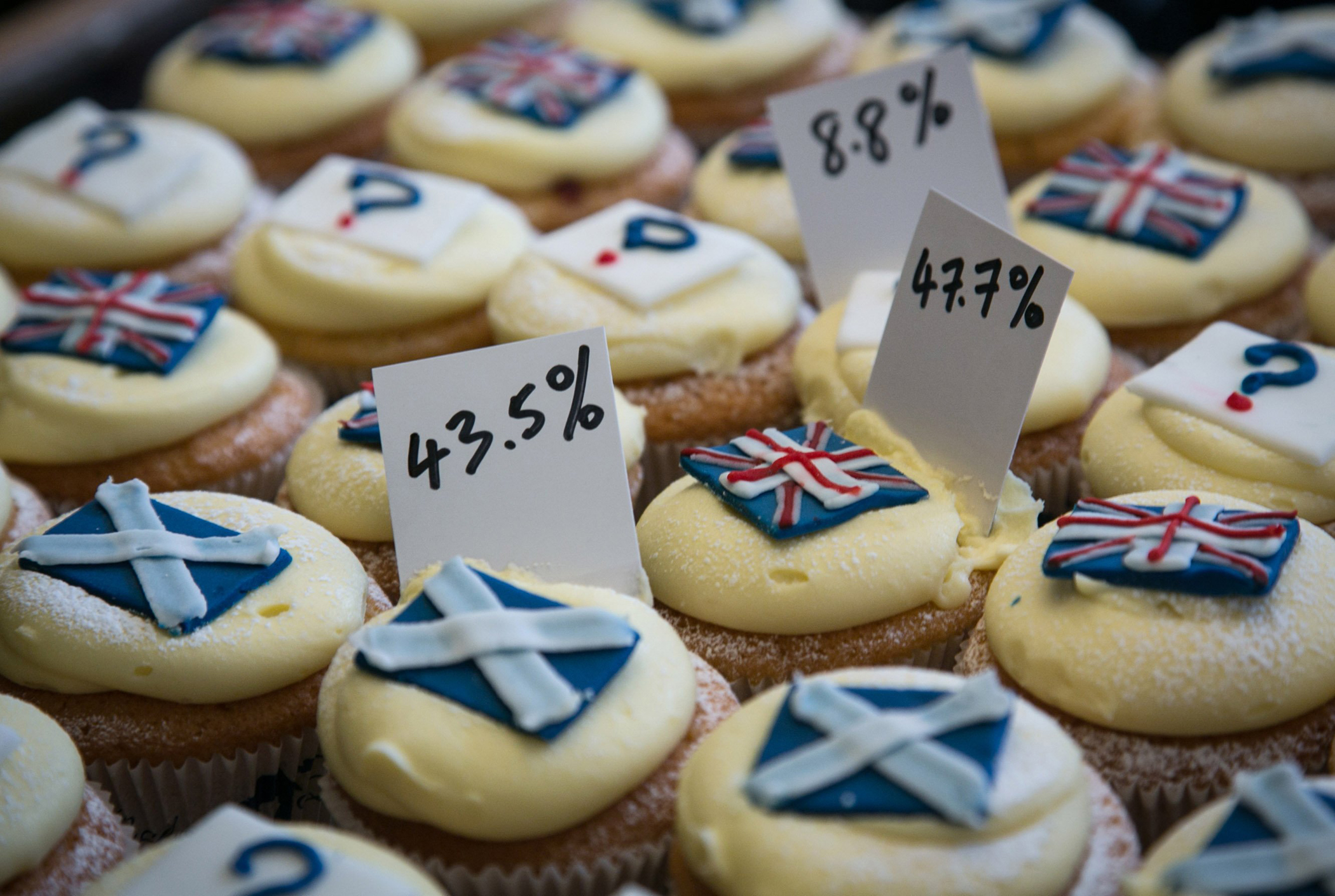
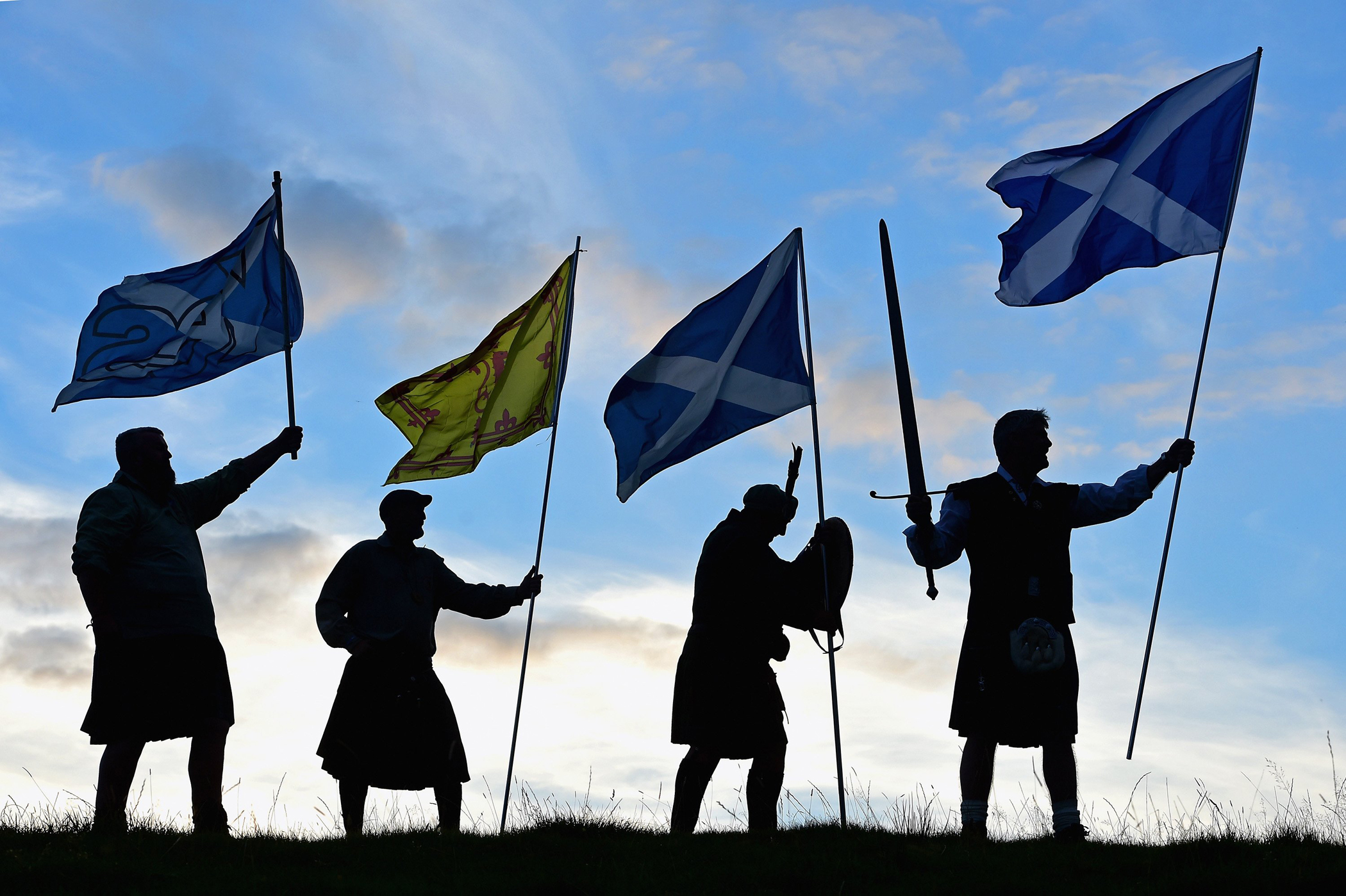
When Scotland voted against independence in Thursday’s referendum, people across the world reacted with a mixture of relief, disappointment and trepidation at what the result might mean for other separatist movements. Yet while Scotland’s silent majority for unity won out in the final ballot, the Yes campaigners succeeded in making their voices heard, not only by the Westminster political establishment but in global headlines. One debate may have ended for now, but in many parts of the world, others are just beginning.
British political leaders praised the outcome Friday morning, but also looked forward to the new reforms promised by the Westminster parties, such as greater tax and welfare powers to be given to the four nations that make up the United Kingdom. Welsh First Minister Carwyn Jones tweeted that he was “pleased the people of Scotland have voted to remain in the Union – together we will shape a new constitutional future for the UK.” Northern Ireland’s First Minister Peter Robinson agreed: “Delighted Scotland has voted to remain in the Union. We are better together.”
Some, however, were more cautious. A number of Northern Ireland politicians, including Gerry Adams of Sinn Féin (the Irish Republican political party) expressed the need for London to “deliver its promises.” The leader of Plaid Cymru (the Welsh nationalist party), Leanne Wood, said that her party remained “skeptical about Westminster’s promises of new powers” and insisted that “any offers to Scotland must be offered to Wales too.” She said it was clear that: “Britain has changed forever” and that “a new process must now begin involving all the nations of the U.K. to ensure meaningful and significant decentralization.”
Further afield, support for Scotland’s results came from many world leaders, some of whom may be hoping the No vote will discourage their own secessionist movements. Spanish Prime Minister Mariano Rajoy said in a video statement the Scots “chose the best option for everyone – for themselves and for Europe,” avoiding “the serious economic, social, institutional and political consequences that separation would have brought.” His comments come at a critical time in the Catalonian independence movement, as on Friday afternoon, Catalan politicians are set to vote on an independence referendum penciled in for November 9. The semi-autonomous Catalonia region is one of the most wealthy and industrialized regions in Spain, and support for secession has surged since Spain’s financial crisis. Spain’s foreign minister said Tuesday the Spanish government would use “the full force of the law” to supersede any kind of vote in Catalonia.
But Catalan campaigners aren’t deterred by Friday’s outcome. Richard Gené of the pro-independence Catalan National Assembly movement told The Guardian: “Whether they voted yes or no, that would have been all right . . . What we really feel is envy about the possibility of voting. This is what we are fighting for.” While a Yes vote “would have acted as a kind of icebreaker for difficult issues such as EU membership and NATO membership,” remarked Albert Royo of Diplocat, the Catalonian body for public diplomacy, the No vote “does not mean that everyone here will decide to give up and conclude that the issue is over.”
In fact, Royo saw a lesson in the outcome that could reassure governments unsure of whether or not to hold referendums. “Letting people vote does not mean that they will automatically vote for independence,” he said.
The Scotland vote has also struck a particular chord with nationalists from the Canadian province of Quebec, where the No vote prevailed in the two independence referendums of 1980 and 1995. Canadian Foreign Minister John Baird tweeted: “Canada welcomes this decision,” but the sizable contingent of Quebecois nationalists who flocked to Scotland in hope of a Yes vote may well feel differently. Meanwhile in India, leading news sites have analyzed the impact of Scotland’s referendum in fueling calls for a similar referendum in the disputed Himalayan region of Jammu and Kashmir. Violent opposition to Indian rule peaked in this northeastern region in the 1990s, but tensions still run high. Syed Ali Shah Geelani, a hardline separatist leader, argued that ”India should learn lessons from UK and honor its commitment of granting the right to self-determination to people of Kashmir.” Moderate Kashmiri separatist leader Mirawiz Umar Farooq said Scotland’s referendum was an encouraging example of how “in a peaceful manner people will be deciding their future.”
Indeed, it is the peaceful democratic nature of Scotland’s referendum that has drawn the most praise from politicians, not to mention its high turnout of 84.6%.
“We welcome the result of yesterday’s referendum on Scottish independence and congratulate the people of Scotland for their full and energetic exercise of democracy,” said U.S. President Barack Obama in a Friday morning statement. “Through debate, discussion, and passionate yet peaceful deliberations, they reminded the world of Scotland’s enormous contributions to the UK and the world, and have spoken in favor of keeping Scotland within the United Kingdom.”
German Foreign Minister agreed with many leaders that the No result is “a good decision for Scotland,” but added that he held “great respect for Great Britain’s exemplary democratic culture as it was displayed in this referendum.” Martin Schulz, President of the European Parliament, praised the vote as being part of a “democratically agreed process,” while Irish political leader Dr. Alasdair McDonnell said the Scottish National Party had shown how independence campaigns “should be fought.”
“This was a campaign of ideas, policies and debates not violence, death and intimidation. The futility of our own recent history has been drawn into stark contrast,” McDonnell said. And though many are disappointed with the vote’s outcome, it’s worth noting the success of the referendum in energizing Scottish voters. Pro-independence leader Alex Salmond heralded the historically high turnout as a “triumph for the democratic process.”
More Must-Reads from TIME
- How Donald Trump Won
- The Best Inventions of 2024
- Why Sleep Is the Key to Living Longer
- Robert Zemeckis Just Wants to Move You
- How to Break 8 Toxic Communication Habits
- Nicola Coughlan Bet on Herself—And Won
- Why Vinegar Is So Good for You
- Meet TIME's Newest Class of Next Generation Leaders
Write to Naina Bajekal at naina.bajekal@time.com